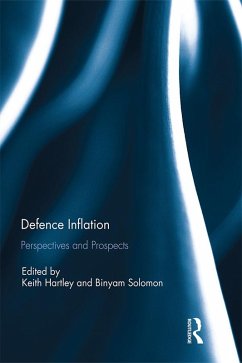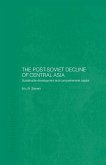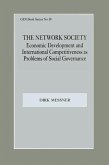Defence inflation is a recurring factor in determining defence spending. It is widely reported in official government publications and in the trade press, but remains relatively neglected by defence and peace economists. In this book, international contributors from Finland, Norway, Sweden, the UK and the USA distinguish between defence inflation and cost escalation, and identify the causes of both. They use specific case studies to address a wide variety of theoretical and empirical issues and key questions, including the following: Does defence inflation affect all countries? What are its effects? Why does it occur? How (if at all) can defence inflation be controlled?While most industry and trade press devote considerable ink and space to the discussion of defence inflation, cost escalation, and their consequential impact on the purchasing dollars of the armed forces, economists have been relatively silent. This book aims to rectify this oversight through a multinational survey and analysis of the topic, while also identifying the opportunities for further theoretical and empirical research in the field. This book was originally published as a special issue of the journal Defence and Peace Economics.
Dieser Download kann aus rechtlichen Gründen nur mit Rechnungsadresse in A, B, BG, CY, CZ, D, DK, EW, E, FIN, F, GR, HR, H, IRL, I, LT, L, LR, M, NL, PL, P, R, S, SLO, SK ausgeliefert werden.









